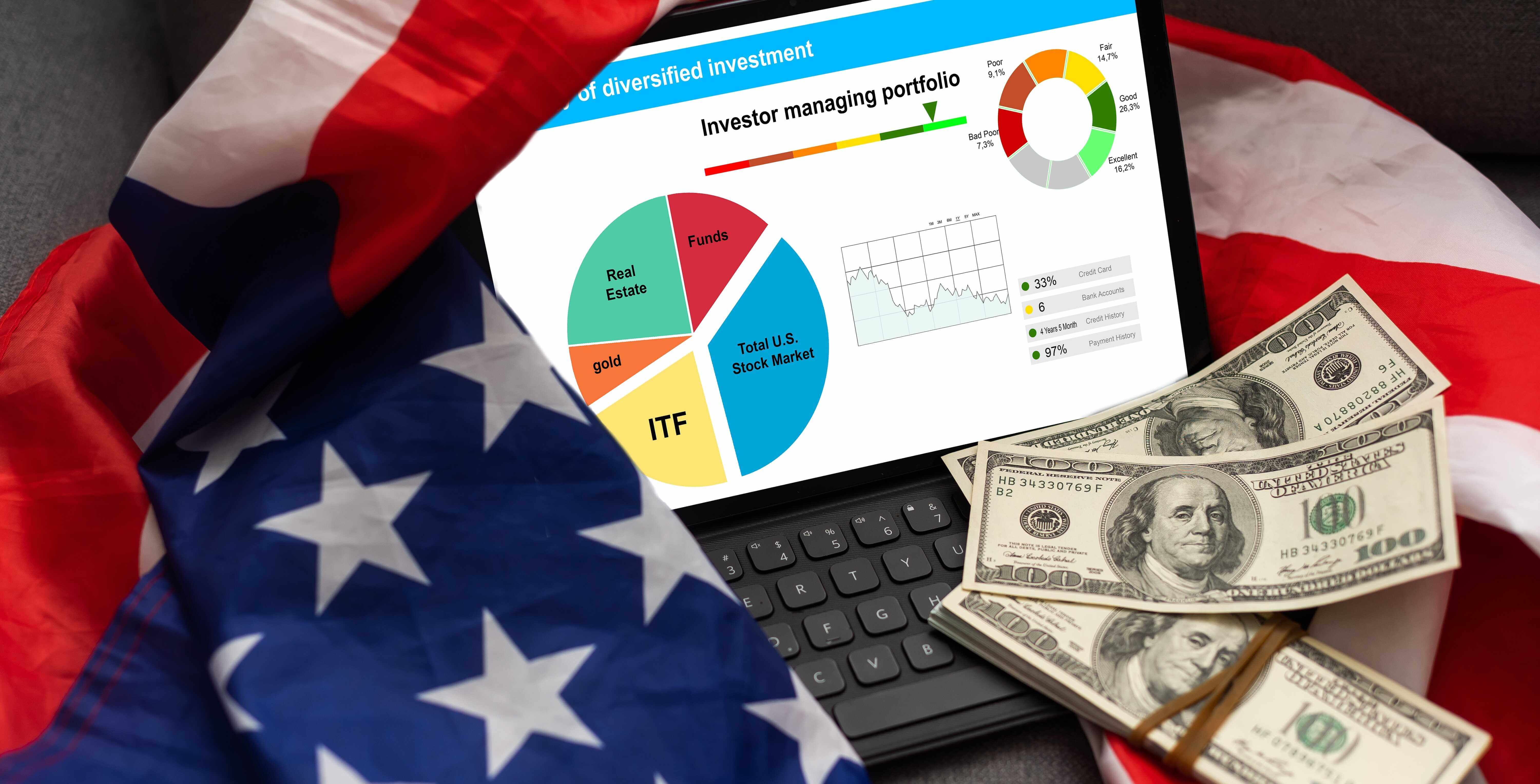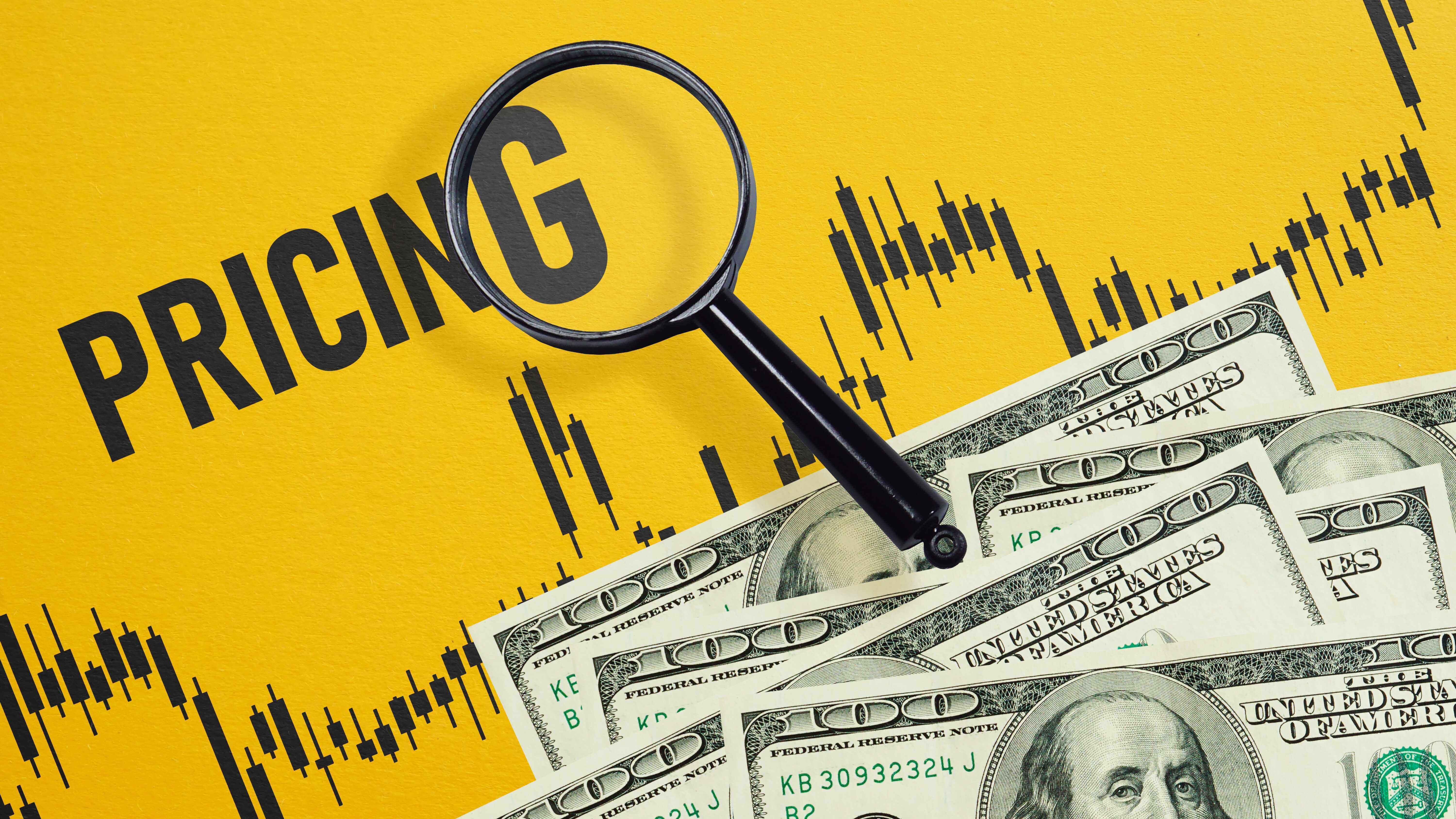Should You Buy Rivian Stock While It's Below $15?

Rivian Automotive (NASDAQ: RIVN) stock has been on the upswing in the latter part of the year. Shares of the electric vehicle (EV) maker have soared 38% over the past month, as of this writing. Yet the stock has still dropped about 40% in 2024.
With its business at an inflection point heading into 2025, investors may wonder whether it's time to buy Rivian stock while it's below $15 per share.
Where to invest $1,000 right now? Our analyst team just revealed what they believe are the 10 best stocks to buy right now. See the 10 stocks »
Good news for Rivian
The recent surge in Rivian shares came after investors learned of two new deals that will bolster the EV startup's balance sheet. Vehicle manufacturing is heavily capital intensive, and positive cash flow comes only once production and sales hit high volume levels. So it was a big boost for Rivian to announce a deal with Volkswagen Group that will eventually bring $5.8 billion into a partnership that includes a $1 billion investment from Volkswagen through a convertible note that has already been made.
Another $1.3 billion will go toward a 50% equity stake in a new technical joint venture (JV) between the two companies that will allow Volkswagen to license Rivian's intellectual property (IP). The plan is then for further equity investments from Volkswagen over the next several years. The JV will operate as an independent company co-led by Rivian's chief software officer and Volkswagen's chief technology officer.
The remaining investment of up to $3.5 billion will come in several forms, including Rivian equity, and will be based on specifically defined milestones. Many investors thought this arrangement would ensure that Rivian has the funds needed to bridge the company to the launch of its lower-priced R2 platform due to begin shipping in 2026. And then another announcement brought even more optimism.
Rivian's R2 platform will begin production next year with shipments scheduled to start in 2026.
The U.S. Department of Energy (DOE) said it planned to provide Rivian with a loan of up to $6.6 billion to finance the development and construction of Rivian's planned second manufacturing plant. That facility in Georgia will eventually produce Rivian's R2 and R3 lines of fully electric SUVs and crossovers. That's where Rivian investors hope to see sales volume reaching the point where it can generate positive cash flow and profit.
Elon Musk -- friend or foe?
But the short-term outlook is more of a mixed picture. There's concern among EV industry watchers that the incoming Trump administration could eliminate existing tax credits for EV buyers. While that shouldn't affect cash sales of Rivian's current lineup since they don't qualify because of high list prices, leased EVs do qualify. But Rivian's R2 and eventual R3 lineup are likely to qualify based on current rules. That has some investors more pessimistic about Rivian's ability to reach the unit volumes it needs.
But Tesla CEO Elon Musk is now an advisor to Donald Trump, and he wants the EV industry to thrive in general. While he supports eliminating tax credits, Musk still supports the electrification of transportation. And while EV demand growth has slowed, sales are still growing.
Cox Automotive's most recent EV Market Monitor report, published on Dec. 19, shows U.S. EV sales are gaining momentum. Both new and used EV sales showed steady growth in November. New EV sales grew 10% sequentially from October and were 13.6% higher than last year. EVs reached an 8.5% share of U.S. new vehicle sales in the month.
The case for Rivian stock
While Rivian's balance sheet is in a much better place from the investments we've discussed, the company is still losing a significant amount of money. Rivian expects to achieve positive gross margin in the current quarter, but that will be partially driven by non-vehicle revenue from the sale of regulatory credits, vehicle service, and software.
The company is reducing material costs associated with its R1 lineup and will need that to continue as it begins manufacturing the R2 vehicle. The R2 offering is the real investing case for Rivian. It will need the R2 to resonate with consumers, and sales volumes will need to expand dramatically from the approximately 51,000 vehicles it expects to ship in 2024.
If it succeeds in those plans, buying Rivian stock below $15 today could be a market-beating move. Investors just need to know the risks remain high. Cost-cuts could be difficult to maintain, and market success of the R2 and R3 is not a certainty. So allocating an amount appropriate for an aggressive investment would be the smart way to invest.
Don’t miss this second chance at a potentially lucrative opportunity
Ever feel like you missed the boat in buying the most successful stocks? Then you’ll want to hear this.
On rare occasions, our expert team of analysts issues a “Double Down” stock recommendation for companies that they think are about to pop. If you’re worried you’ve already missed your chance to invest, now is the best time to buy before it’s too late. And the numbers speak for themselves:
- Nvidia: if you invested $1,000 when we doubled down in 2009, you’d have $362,841!*
- Apple: if you invested $1,000 when we doubled down in 2008, you’d have $49,054!*
- Netflix: if you invested $1,000 when we doubled down in 2004, you’d have $498,381!*
Right now, we’re issuing “Double Down” alerts for three incredible companies, and there may not be another chance like this anytime soon.
*Stock Advisor returns as of December 23, 2024
Howard Smith has positions in Rivian Automotive and Tesla. The Motley Fool has positions in and recommends Tesla. The Motley Fool recommends Volkswagen Ag. The Motley Fool has a disclosure policy.


